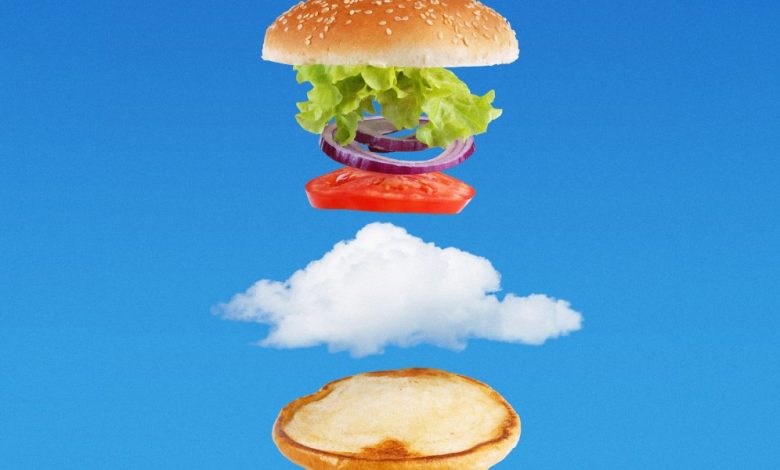The Download: food from thin air, and finding new materials

A new crop of biotech startups, armed with carbon-guzzling bacteria and plenty of capital, are promising something that seems too good to be true. They say they can make food out of thin air.
But that’s exactly how certain soil-dwelling bacteria work. In nature, they survive on a meager diet of oxygen, nitrogen, carbon dioxide, and water vapor drawn directly from the atmosphere.
In the lab, they do the same, eating up waste carbon and reproducing so enthusiastically that their populations swell to fill massive fermentation tanks. Siphoned off and dehydrated, that bacterial biomass becomes a protein-rich powder that’s chock-full of nutrients and essentially infinitely renewable.
The ultimate goal of these companies is to engineer a food source far lower in emissions than conventional farming. But in order to do that, they’ll need to overcome some very real challenges. Read the full story.
—Claire L. Evans
This story is from the next print issue of MIT Technology Review, which comes out on Wednesday and delves into the weird and wonderful world of food. If you don’t already, subscribe to receive a copy once it lands.
The race to find new materials with AI needs more data. Meta is giving massive amounts away for free.
What’s new: Meta is releasing a massive data set and models, called Open Materials 2024, that could help scientists use AI to discover new materials much faster. OMat24 tackles one of the biggest bottlenecks in the discovery process: data.



